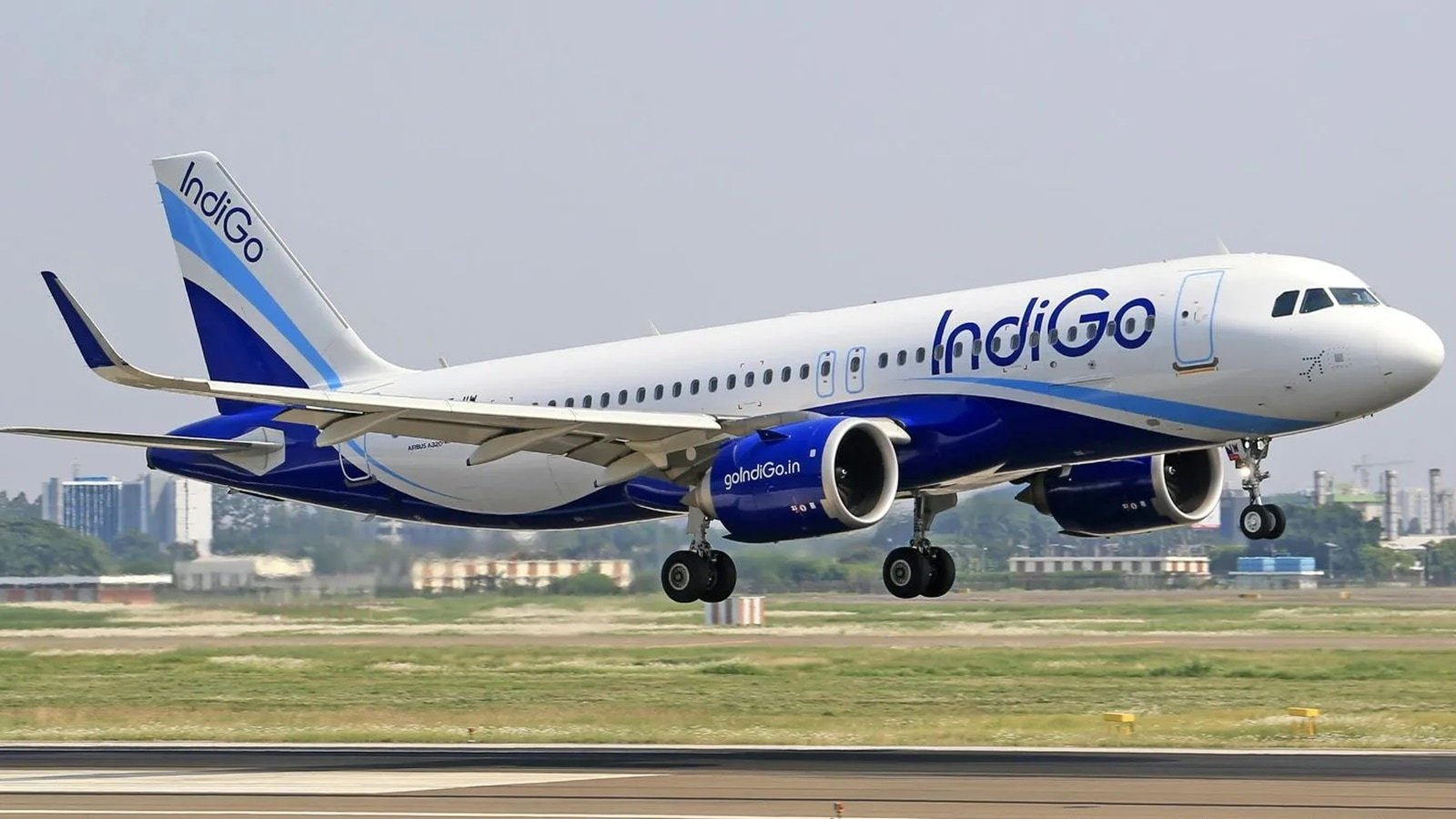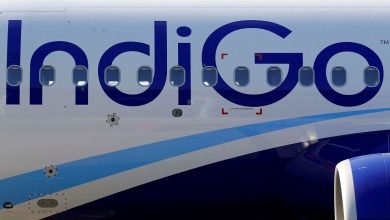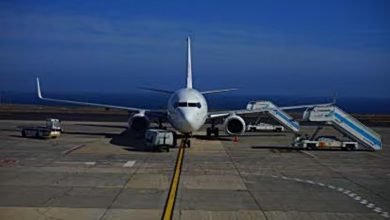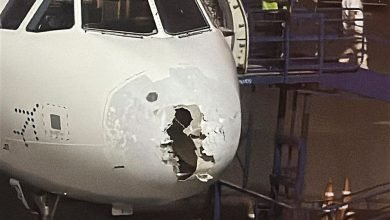IndiGo’s long-haul debut: Thrice weekly flights to Manchester, Amsterdam from Mumbai from early July as part of airline’s internationalisation strategy | Business News

IndiGo will start operating flights to Manchester and Amsterdam from Mumbai from early July, marking the long-haul debut for India’s largest airline that has been making concerted efforts to rapidly expand its international network and go beyond short-haul international routes. While Manchester and Amsterdam are the initial long-haul routes for IndiGo, the airline is understood to be evaluating multiple other key long-haul markets in Europe and beyond to expand its international footprint.
The carrier’s Mumbai-Manchester service will start on July 1, and the Mumbai-Amsterdam service will begin on July 2. Both will be thrice weekly services and will be operated with the wide-body Boeing 787-9 aircraft that the carrier has taken on damp lease from Norse Atlantic Airways. IndiGo has opened bookings for these services with one-way fares starting at Rs 24,499 for Manchester and Rs 26,999 for Amsterdam.
The aircraft that will operate these flights have 56 business class seats, marketed as IndiGoStretch seats, in a 2x3x2 configuration, while the economy cabin consists of 282 seats in a 3x3x3 configuration. In a first for IndiGo, the airline will offer complimentary hot meals to all flyers on these flights, which is a departure from its model of paid meals. As the airline’s regular fleet does not have ovens on board, it serves only cold meals and instant meals prepared with hot water.
Over the past few months, IndiGo signed agreements with Norse Atlantic Airways to damp lease a total of six Boeing 787-9 Dreamliner aircraft, one of which is already operating on its Delhi-Bangkok route. These aircraft will support IndiGo’s debut into the European market, starting with Manchester and Amsterdam, while the airline awaits the delivery of its A321XLR planes from this year and A350-900 aircraft from 2027 onwards.
As part of its “internationalisation strategy”, IndiGo plans to induct extra-long-range narrow-body Airbus A321 XLR aircraft and wide-body Airbus A350 planes to operate medium- and long-range international flights. The carrier evidently does not want to wait for these aircraft to further fuel its international expansion, and therefore decided to enter the long-haul market using damp-leased planes. The airline is understood to be in the market for more wide-body leasing opportunities.

After dominating the Indian skies with a market share of over 60 per cent, IndiGo has been focusing on internationalisation, which entails a rapid expansion of its international network—including foraying into the long-haul segment—given the robust overseas travel demand from India. Over the past two to three years, IndiGo has expanded its international network by adding destinations in regions including Central Asia and the Caucasus, Southeast Asia, and Africa using its narrow-body fleet. Europe, where Air India is the only Indian carrier that operates direct flights, was expected to be the next frontier for IndiGo.
“This will a major milestone in our international growth journey as we move towards our vision to become a global aviation leader, propelling India’s ambition of transforming into a global aviation hub,” IndiGo’s Chief Executive Officer Pieter Elbers said, adding that these routes will also provide seamless connections with IndiGo’s vast domestic network that covers over 90 Indian cities.
Story continues below this ad
IndiGo’s move to have a wide-body fleet of its own marked a significant departure from the classic and proven budget airline model that focusses on single-type narrow-body fleet and domestic and short-haul international routes. The low-cost long-haul model, on the other hand, has seen far more failures than successes globally. IndiGo currently operates a fleet of narrow-body jet and turboprop aircraft, except for two wide-body Boeing 777 planes on lease from Turkish Airlines specifically for flights between India and Turkey.
Over the past few years, IndiGo has been pushing its international network expansion to the extent it can with its narrow-body fleet. But instead of entering high-competition and busy routes, the airline has focussed on identifying under-served routes and those with latent demand, while also stimulating demand on certain others.
© The Indian Express Pvt Ltd




